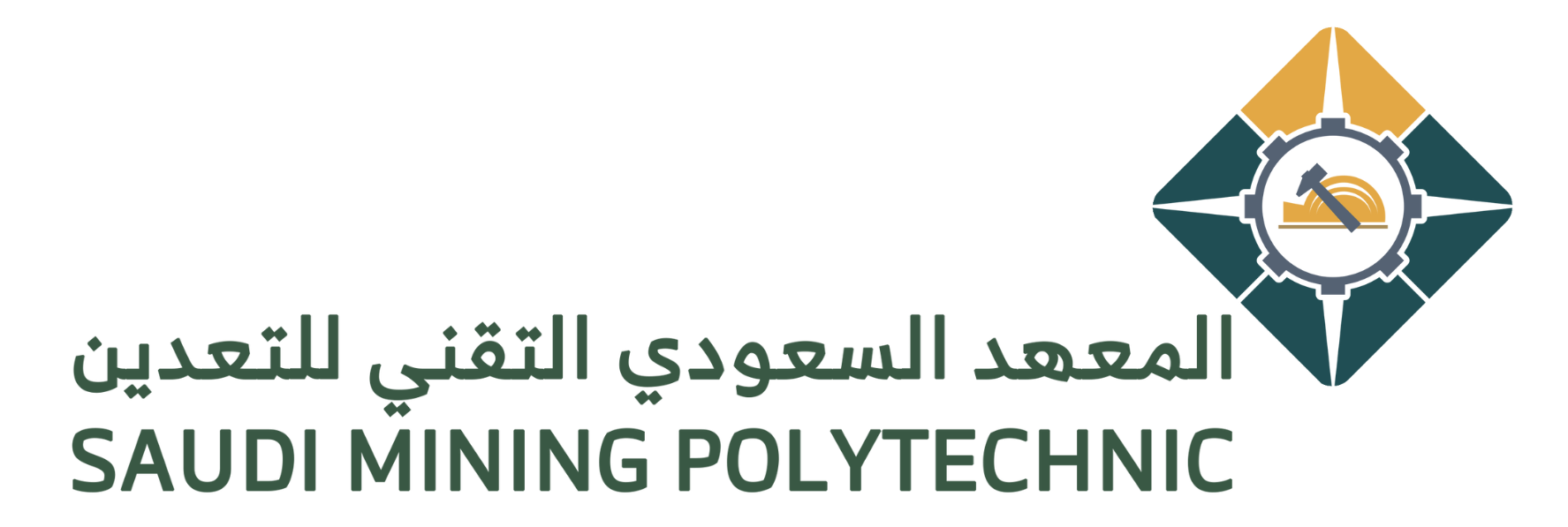Trainee Council
The Trainee Council at the Saudi Mining Polytechnic consists of seven members who are elected through direct election. The members hold regular monthly meetings to discuss different matters related to trainees at SMP. The Trainee Council aims to:
- Develope the personality of trainees at the national, social, sports, intellectual and professional levels.
- Enhance cooperation and the concept of teamwork among trainees.
- Develop and strengthen the relationship between trainees on the one hand and the administrative and training staff on the other hand.
- Enhance the spirit of leadership among trainees and provide them with the opportunity to express their opinions freely.
- Provide trainees with the opportunity to express their opinions regarding all decisions taken by SMP management, whether related to trainees, training affairs, management, or even the services that SMP management provides to trainees.
- Help solve trainees’ social problems and training issues in cooperation with relevant SMP authorities.
- Enhance the academic achievement of trainees and the training process.
- Work collaboratively with SMP to identify and encourage outstanding and talented trainees in order to help them improve their levels and nurture their talents.
- Support trainees’ activities at the academic, intellectual, social and sports levels.
- Educate trainees about their rights and duties in accordance with the policies followed at SMP,.
- Urged trainees to maintain and safeguard SMP facilities.
- Urge trainees to maintain SMP’s achievements and contribute to its good reputation and high public respect.
- Encourage trainees to constantly maintain order in line with the SMP’s mission and goals.

 العربية
العربية